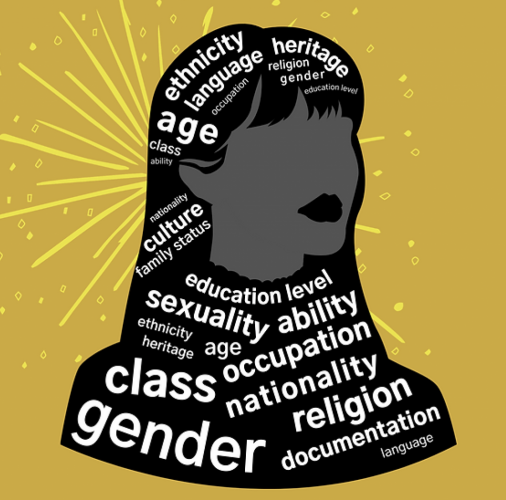For my intervention I would like to explore new ways of students evidencing critical reflection whilst on their year out on the Diploma in Professional Studies.
Currently, students on the ‘DPS’ keep written blogs documenting their time in industry placements. The blogs are written ‘diary’ style, with students recording their daily happenings, speaking to their future selves and their tutor. This way of producing reflections can be useful; students can confidentially discuss their struggles along with their successes or check back in through repeated questions, but for many, academia is the only place where they are asked to reflect in written isolation.
For the awarding submission, students are holistically assessed on a written reflection and an audio-visual presentation on their year, so there is a precedent of offering students a range of outcomes to accommodate different communication styles and strengths.
I propose that we design another option for students to demonstrate their ability to reflect on their experiences, find commonalities, share references, and support each other in looking to their future ambitions.
I would like to explore conversations as an optional form of academic outcome. I would like to offer students the opportunity to sit down with one another, and to ask each other genuine questions about their insights on industry in their own language. I anticipate that this will allow for deeper critical reflections to arise, for dialogues to happen around values and ethics, for common and universal working methods to be identified and challenged, and for peer-to-peer advise to be exchanged.
I predict that this would be beneficial to students who are: working in the same industries, working in different creative industries, entering the DPS, graduating from the DPS, and alumni of the DPS. A combination of these students being in conversation or in panel with one another could promote awareness and empathy for their peers’ positionalities within industry and for a stronger general understanding of the dense web of creative industries and society, and the role our students can take in designing it together.
I am interesting in how this may potentially shift the universities assessment values onto dialogue and compassionate curiosity, and in turn shifts how the student feels and understands how the university is evaluating them.
References
Freire, P. (1970) Pedagogy of the Oppressed. New York, NY: The Seabury Press.
Springgay, S. (2022) Feltness: Research-creation, socially engaged art, and affective pedagogies. Durham: Duke University Press.
Escobar, A. (1951) Designs for the pluriverse: Radical interdependence, autonomy, and the making of worlds. Durham: Duke University Press
